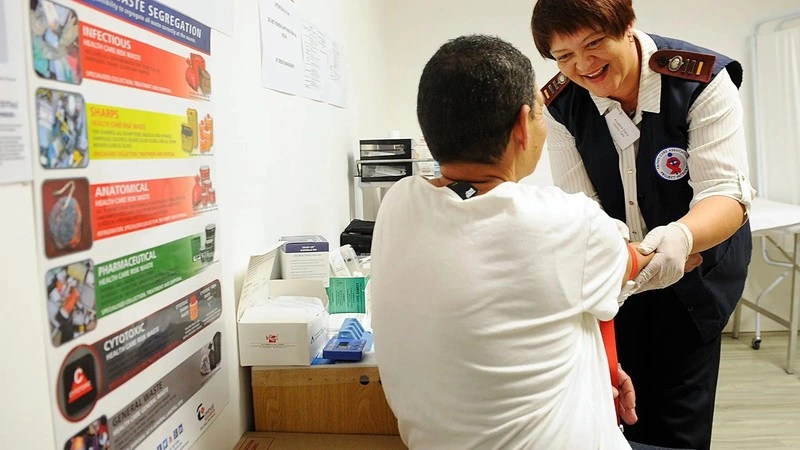Cape Town: The City Health observed World Hypertension Day on Saturday, May 17, 2025 and recorded the 11% increase in people’s screened year-on-year. It also saw 35% increase in new cases over the same period, which is a cause for concern.
Reportedly, new 4,426 diagnosed cases have been recorded from April 2024 to March 2025, in comparison to 3,287 recorded during the same period in the previous year that reflected an increase of 35%.
Moreover, rise in new cases is largely attributed to the increase in screening. The City Health screened 667,612 clients as compared to 601,442 which was recorded in previous year. The worrying trend of an increasing number of younger people diagnosed, recorded the biggest group of new cases that are older than 45.
Considering this, Member of the Mayoral Committee for Community Services and Health – Councillor Francine Higham said that Hypertension is a leading risk factor for death and disability across the country, while it is heartening to see more people taking charge of their health and visit clinics for screenings.
However, the rise in new cases is disconcerting. She desires to encourage the public to consider making lifestyle changes like a balanced and healthy diet, regular exercise and lowering their salt intake, to lower their risk of hypertension.
According to Francine Higham, Hypertension is called the silent killer because there is often a lack of noticeable symptoms, if early crucial detection is made. A
As the City of Cape Town commemorates the 20th World Hypertension Day, get yourself screened, for your own health and also for your peace of mind. It is a preventive measure and can impact the long-term health.
Notably, the theme for year 2025 for World Hypertension Day is ‘Measure Your Blood Accurately; Control It; Live Longer’.
The risk factors for hypertension include a family history, diabetes, obesity, lack of exercise and a diet high in salt, sugar and alcohol, smoking and tobacco use. If it is left untreated, then hypertension can lead to severe health complications, including stroke, heart attack, kidney failure, peripheral vascular disease, visual impairment and blindness.

